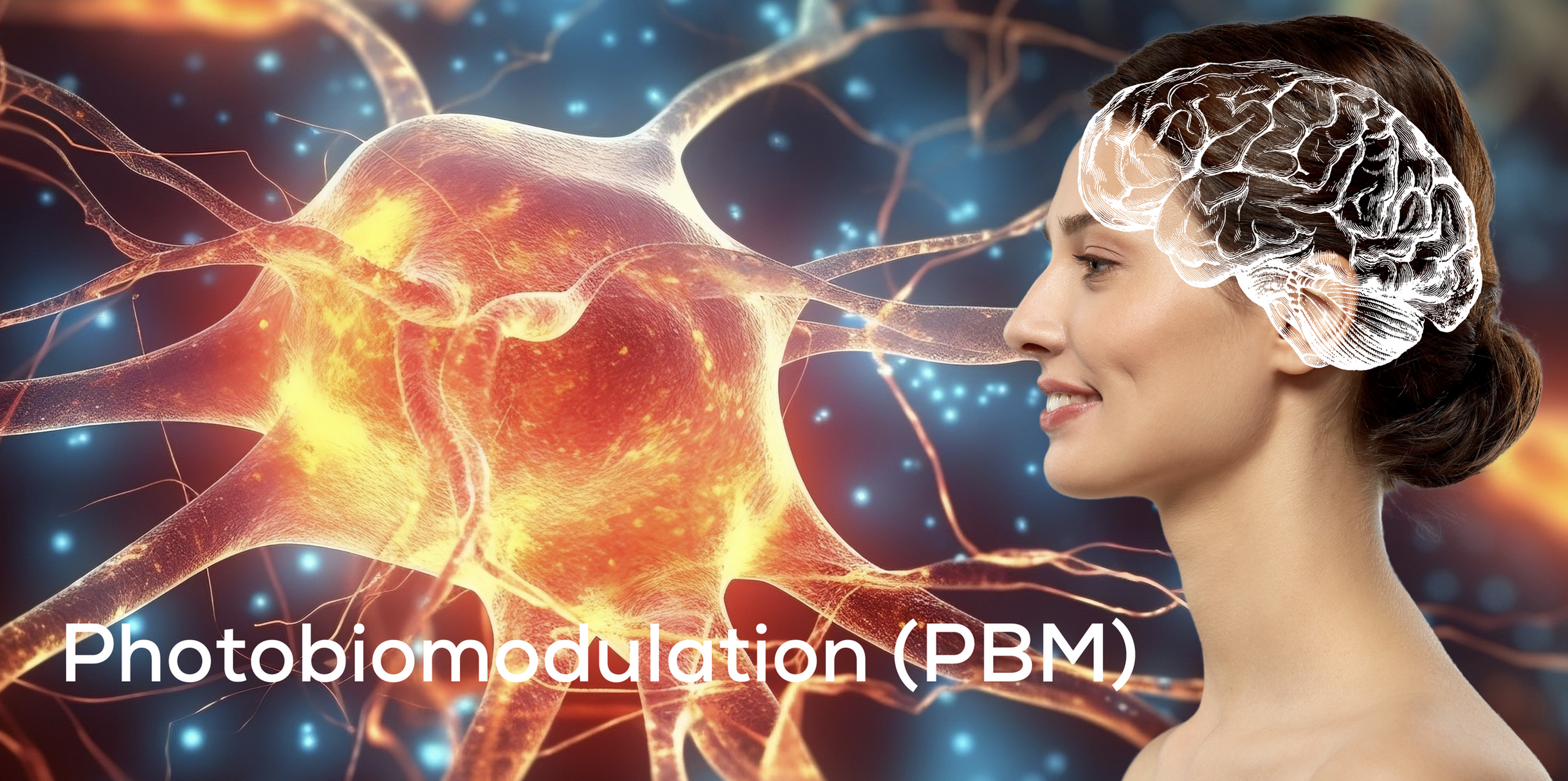
What is Photobiomodulation?
PBM is quickly gaining recognition as an innovative and non-invasive therapy that harnesses the power of light to stimulate cellular function. By using light at specific wavelengths, PBM accelerates healing processes in the body, including the brain.

What is Accelerated Resolution Therapy (ART)
Accelerated Resolution Therapy (ART) is unique because it guides the client to replace the negative images that cause the symptoms of PTSD with positive images of the client’s choosing. This is done quickly, most often within one session.

Do I need a counsellor or a psychologist?
Both counselling and psychology share common goals of helping individuals navigate their emotions, behaviours, and thoughts, but they are distinct in their approaches, training, practices, and regulations. Here are some key differences and similarities between the two.

Autism Spectrum Disorder: Where to start?
When a child receives a diagnosis of Autism Spectrum Disorder (ASD), parents embark on a journey that can feel overwhelming, confusing, and at times isolating. But, as a parent navigating this path, you're not alone.

Want to improve your brain? Exercise.
Numerous studies indicate that the brain regions responsible for thinking and memory tend to be larger in individuals who engage in regular exercise compared to those who are sedentary. Exercise is also 1.5 times more effective in managing depression and anxiety than medication.

QEEG and the diagnosis of anxiety
Anxiety is the worry, irritation, restlessness and feelings of dread that put us in high alert for danger, which persists in the absence of a tangible threat. This can be accompanied by difficulties concentrating, increased fatigue, and sleep difficulties. Bur before treatment comes diagnosis.

Early Childhood Intervention: What is involved?
The goal of Early Childhood Intervention is to equip parents and key caregivers with the tools and resources needed to support young children with disabilities or developmental delays.

Where are my keys and other memory problems
If memory problems worsen over time or significantly disrupt normal functioning, it might indicate something more serious. Poor habits and genetics may play a role. Is there anything that can be done at home? Even so, when should you see a specialist?

The power of the breath
Although known for millennia, science has now begun to recognise and endorse the profound effectiveness that breathing techniques can have on altering one's physiological, and in turn psychological, state.

What is Infra-Low Frequency Neurofeedback?
Research has revealed that distinct brainwave patterns are linked to a wide range of emotional and neurological conditions. These brainwaves, however, can change. This is where understanding Neurofeedback is relevant. What is Infra Low Frequency Neurofeedback and why does it matter?
